
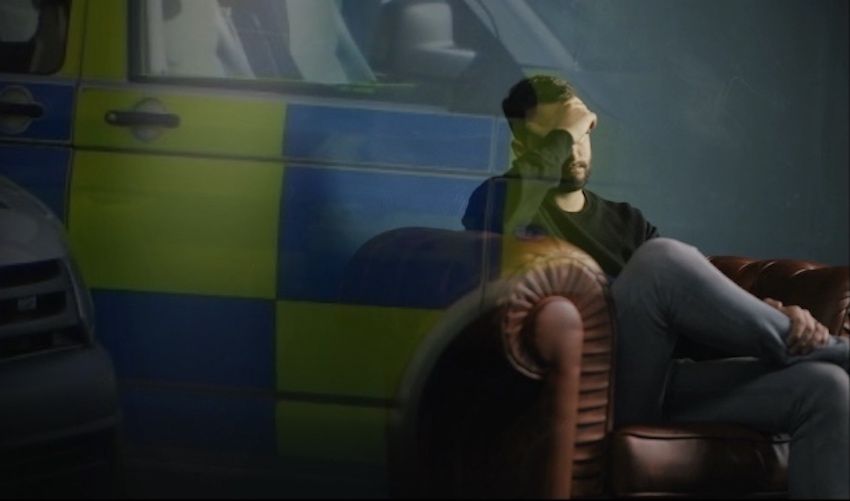

Islanders suffering a mental health crisis have waited “several days” for an “urgent” response, while others have been transported in “caged” police vans, a scrutiny report into the island’s mental health service has revealed.
The accounts are some of the failings outlined in a recent report from the Health and Social Security Scrutiny Panel, led by Deputy Mary Le Hegarat.
The document was published as a follow-up to the Mental Health Service review in 2019, which concluded that islanders were not receiving adequate support due to chronic under-investment in the service.
In their latest report, the Panel found there has been ‘some limited progress’ against the 2019 recommendations.
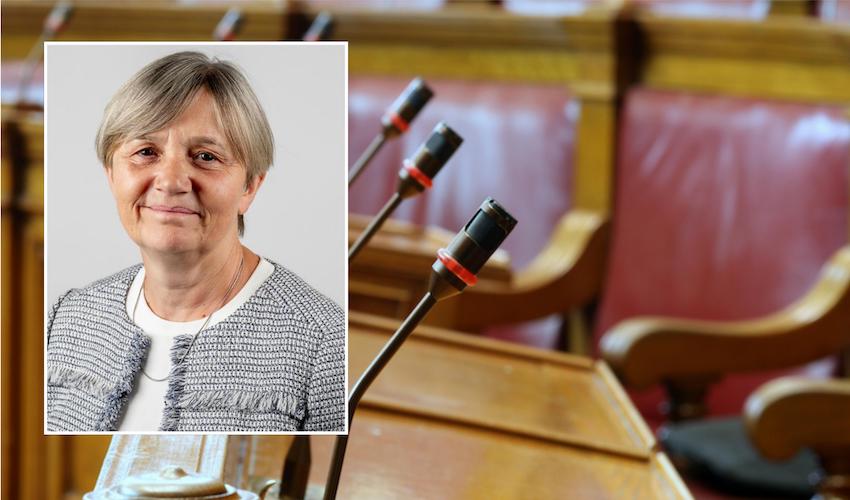
Pictured: Deputy Mary Le Hegarat, Chair of the Health and Social Security Scrutiny Panel
“We learned that, whilst the pandemic has helped raise awareness for mental health and wellbeing, there are concerns that there has not been enough recent focus on people who suffer with serious mental illness,” Deputy Le Hegarat said.
“There will be a need for the future Minister for Health and Social Services and the future Chair of the Health and Social Security Scrutiny Panel to continue to monitor Mental Health Services in order to ensure that islanders are provided with the best possible care.”
The Health and Social Security Panel revealed that the response time for dealing with a mental health crisis was, in some instances, several days.
The Panel said there had been ‘significant delays’ in responding to individuals suffering from crises, which was identified by all emergency services, including the prison.
The Director of Mental Health and Adult Social Care has advised that Adult Mental Health Services should work towards the standard that anyone referred in a crisis should be seen for a face-to-face assessment within 4 hours.
The report also found that people suffering from a mental health crisis are sometimes transported in ‘inappropriate conditions’, such as a caged police van, to a place of safety.
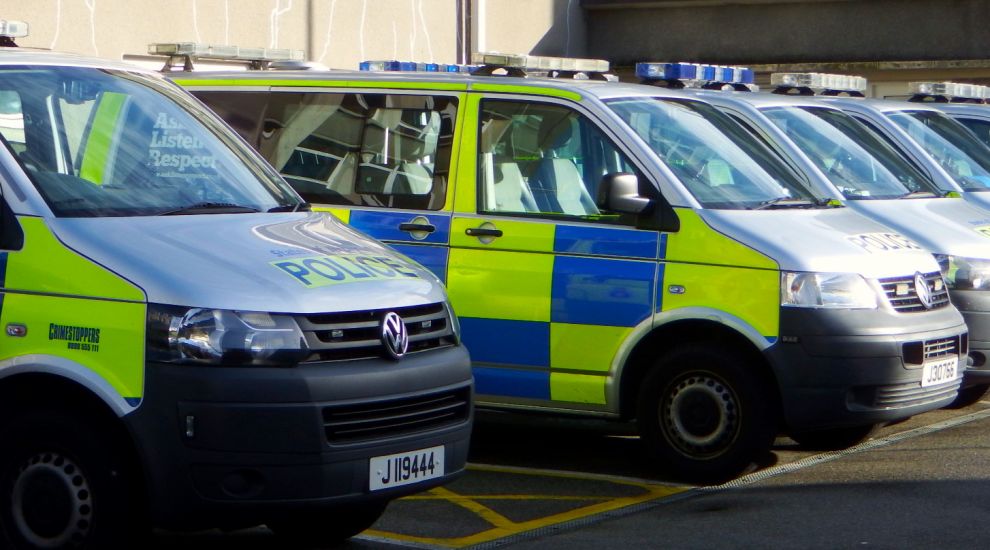
Pictured: Individuals suffering from a mental health crisis were found to have been transported in caged police vans.
The Panel stated that this failure must be addressed as a ‘matter of urgency’, and that the triage team should be equipped with a ‘suitably appropriate vehicle’ to transport individuals.
They added: “If further triage support can be provided at the initial point of contact with the emergency services, this could facilitate a better patient experience – in that they will get to where they need to be quicker and will also reduce the pressure on other services and the General Hospital/emergency department.”
The Panel also found that the pandemic significantly impacted the waiting times for existing community services as a result of backlogs and staff sickness or redeployment.
For the Child and Adolescent Mental Health Service (CAMHS), agency staff were enlisted to help continue services during the pandemic.
Following the approval of the Government Plan for 2022-2025, funding has been secured to redesign the CAMHS service and create additional permanent roles, for which recruitment has started.
The Health and Social Security Panel also highlighted that a Mental Health nursing degree can now be undertaken on-island. It is hoped that this will create ‘home grown’ talent, although it is not clear who will provide the course in future.
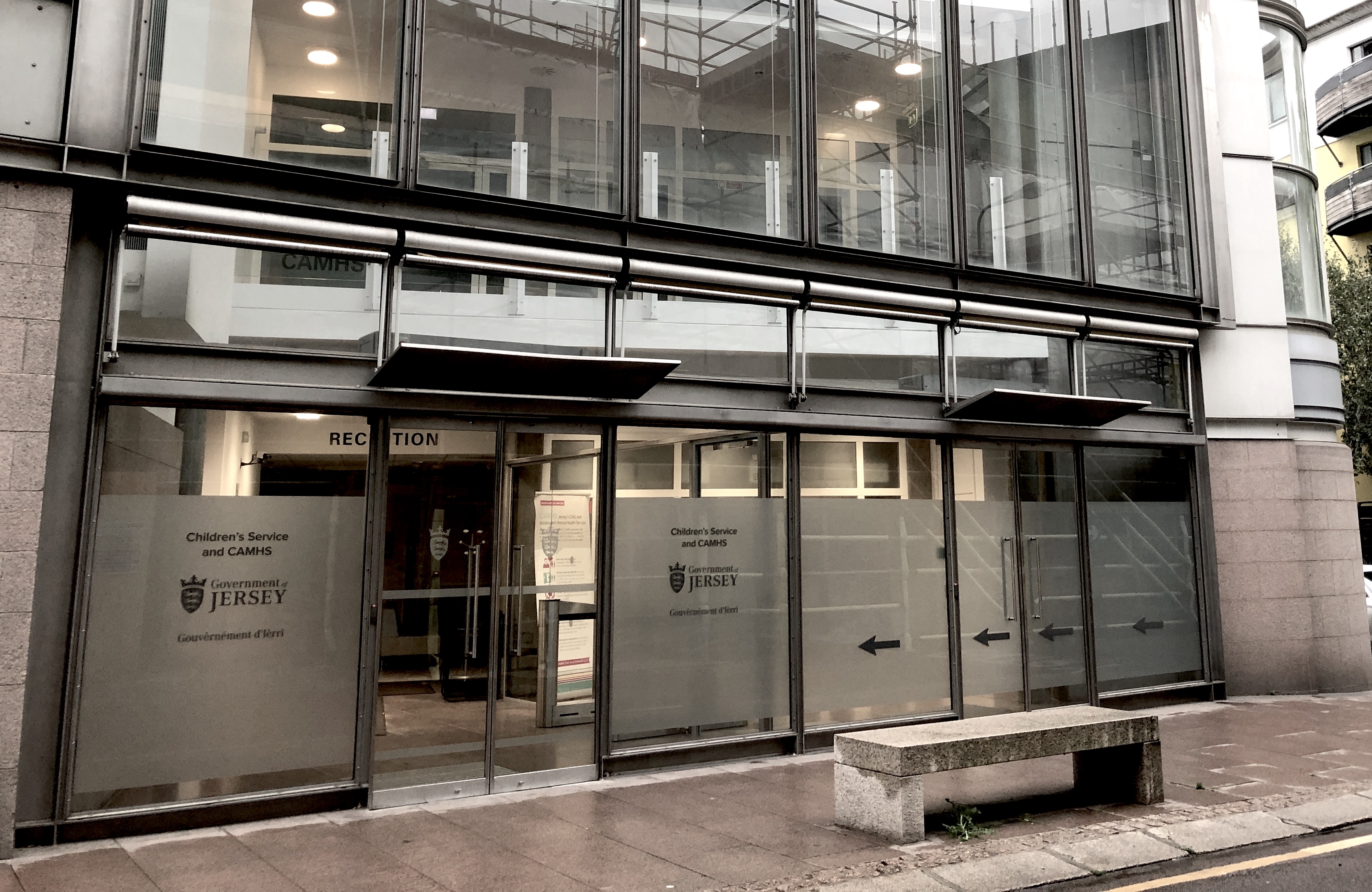
Pictured: Child and Adolescent Mental Health Service, based at Liberte House, La Motte Street.
Cost of living, particularly accommodation costs, was also found to be a “key barrier” to recruitment.
The Panel said: “This impacts Adult Mental Health Services and Health and Community Services as it deters prospective candidates for key-worker roles from coming to live and work here.”
They recommend that Government review the adequacy of its relocation package and, where possible, collate feedback from both candidates who have accepted, and rejected, roles.
Another key finding was that £3,316,721 was spent on 25 off-island bed placements for islanders with mental health issues in 2021. Five of these beds were for prisoners.
Regarding the commissioning process for off-island beds, the Health Minister advised that they were in the process of reviewing the arrangements, with a view to implementing some changes from April.
He said: “Currently, all decisions around off-island placements are made at a panel (this will continue) which comprises members of senior clinical and operational management staff, a finance officer (to support and record financial decisions and forecasts) and an officer from Customer and Local Services (to link to wider Government financial processes and policies).
“The clinical rationale for referral is made by the referring clinician, and alternative options to an off-island placement are explored.”
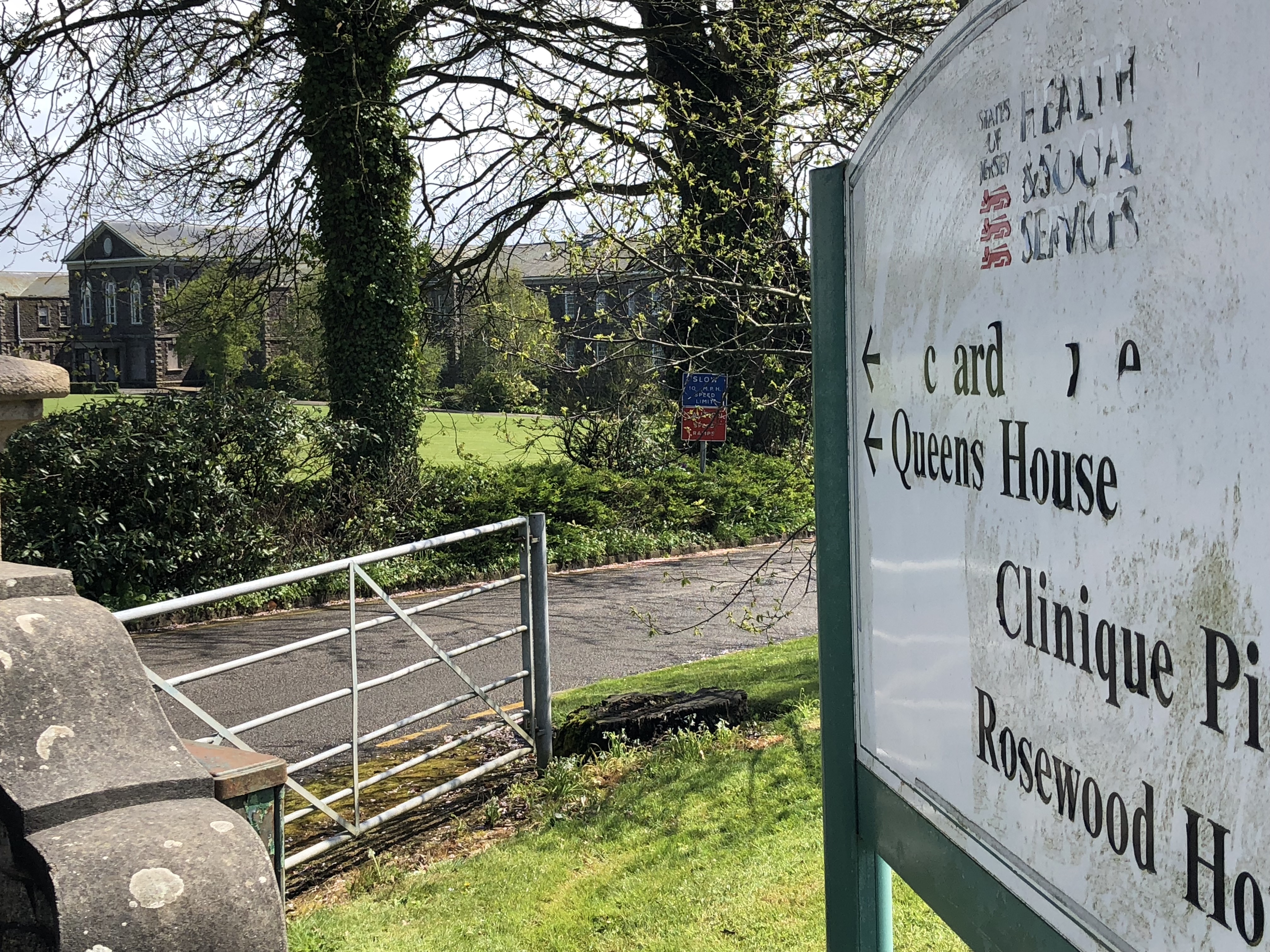
Pictured: The Panel raised concerns over delays to projects, including the development of Clinique Pinel.
Given the considerable cost of off-island placements, the Panel said the Minister should arrange for the commissioning process to be reviewed for ‘appropriateness’.
The Panel said they were also concerned about the delays to some projects, such as Clinique Pinel, and the “lack of a coherent and coordinated approach” with AMHS and other government departments.
Read the full Scrutiny panel report HERE.
Comments
Comments on this story express the views of the commentator only, not Bailiwick Publishing. We are unable to guarantee the accuracy of any of those comments.